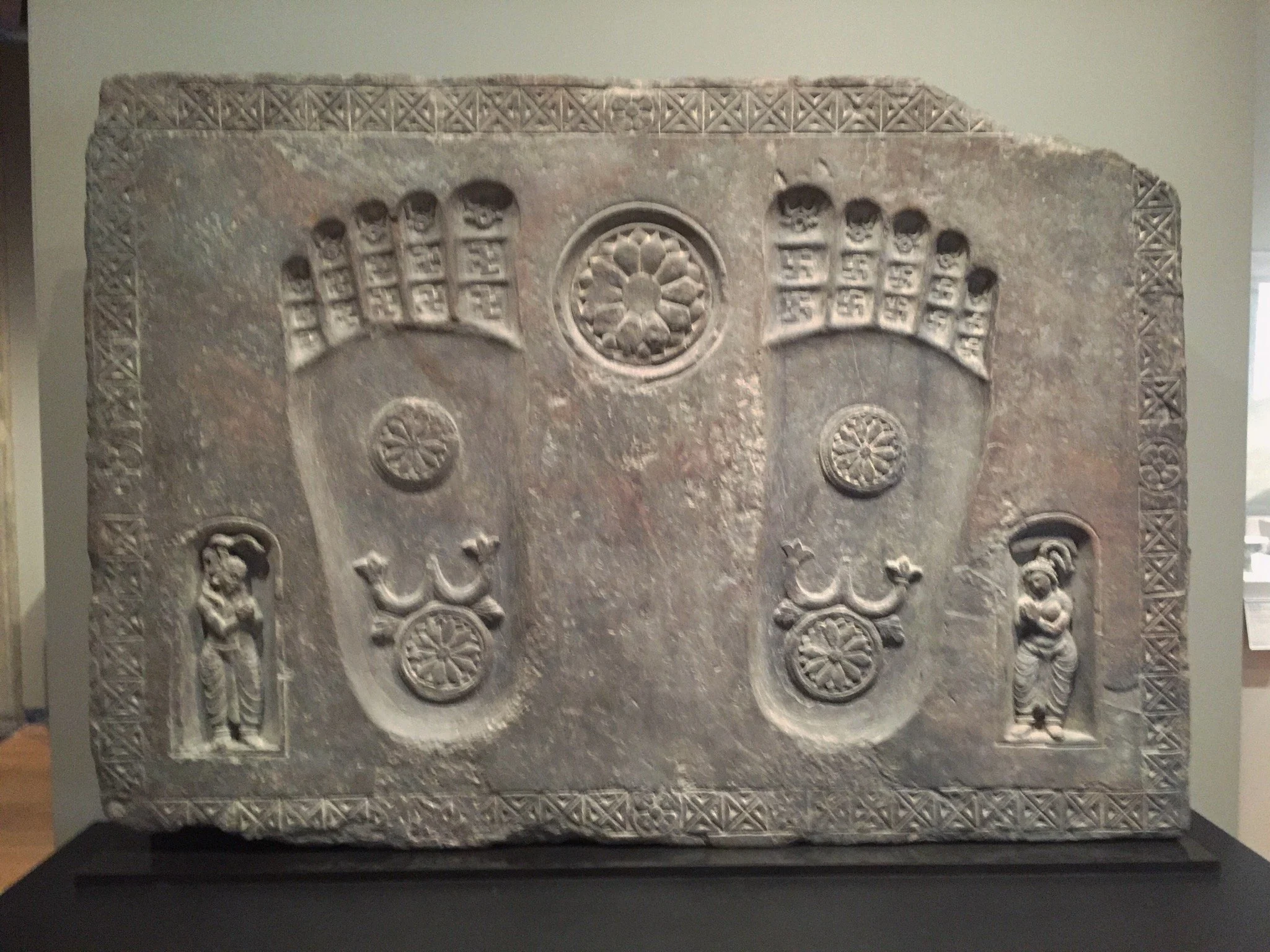Zen Master Yunmen was notorious for forbidding his students to write down any of his teachings. One time he caught a monk jotting down his talk and he attacked him saying “So you don’t trust yourself and now you want to remember what I’m thinking, huh?” Something like that. Of course, we have available a lot of teachings by the Master, so either some students were very slick at shorthand or were proving his point about going your way with as little baggage as possible, including “words of the masters.”
Check any Zen forum online and you will be in the presence of a surprising number of sages, full of confident quotations (“theirs” or variations of the classics) and derision for those saying basically the same thing, only with a different mouth. Any joker can quote themselves into self-adoration, and let’s face it, Zen philosophy can seem so simple that it can be easily tossed around by those looking for an extra lusty exhale. But they are deceptively simple; and devastatingly so. There is a difference between direct and facile. The Hallmark card is not visible in the quote but in the mind of the one who cites it for a momentary endorphin rush—Uh, I mean a moment of compassionate sharing with fellow travelers! I’ve seen the Self-aggrandizing cut and paste long articles about their teacher’s’ credentials as proof of their own legitimacy, and offering a list of how many Sesshins they’ve done with the zeal of the dude doing pushups at a party to show how tough he is. Zen’s simplicity gives the flatulent student enough rope to spin themselves snug. Sitting for 1000 hours gets you an acknowledgement, perhaps a credit on the way to legit Inga, but it is only proof of stamina; 1000 hours of memories and confrontation fantasies looks like deep samadhi from the outside.
Of course, scripture and ritual and routine are crucial, and Mind-Mind transmission begins with a commitment to the path paved by those before us; structure leading to streamlined benchmarks are not necessarily bad, though replacing Wild West with Mild West isn’t always a path of creativity.
Someone convinced of their righteousness or of their school will not long tolerate dissent, or deviation; intolerance turns to hate and hate to the 24-hour news cycle in whiplash fashion. This has a healthy presence in American Zen, no more or less than anywhere else, except that the Zennist in theory aspires to test words against personal experience, to open their mouths merely to ask, “How may I help you?” The winning argument, the upgrade in kesa colors, the recognition of rank is as faithful to the spirit of Bodhicitta as tossing the kid with the wrong band t-shirt out of the mosh pit, only far more smugly pointless.
A few years ago, I had a little back and forth in an online group with a novice monk, one who had memorized and could quote from (and evangelize for) the Tripitaka with as comprehensive a zeal as he had the texts from his former tradition. I’m not sure if I helped him at all, if I softened or hardened his views, or mine. I’ll summarize my part, adding in my own growth or lack of it since.
As a novice monk (whose dharma names reflect cultural traditions and changes in Buddhist thought as it spread to countries far removed from India), he seemed to have a strident faith in the Pali Canon. He has memorized an impressive amount, quoting, and sourcing with the quickness of an apologist. I wonder though if there was a reason for memorizing certain quotes, those which were fit for rebuttal, for shutting down unorthodox insights, etc? There is quite a likelihood that the words of Shakyamuni Gautama did not survive verbatim through several hundred years of being passed on orally by (largely) illiterate monks. But we accept the teachings just the same, no matter how pristine their origin. The focus of any textual reference ought to be on the usefulness of its meaning for you, and for how it deepens your compassion and your study, not on its infallibility. It ain’t supposed to be armor.
Did he see in his line-reading a lineage of checking his own mind unsparingly for its attachments and delusions, or just for others’? Which of my biases were on display in our exchanges? Did our exchange help me see through my own delusions and nonsense, even expose where I might have been lacking in my studies?
My point: if it was agreed that the Buddha's words about Impermanence are true, and well-tested, which we believe across all schools, how much more senseless is rhetorical hair-splitting, online chest-pounding?
It’s likely that my last thought a second ago was very contrary to the dharma. How do I reconcile that? Forgive myself and move forward or seek reassurance in quotations or well-developed self-deception?
What is worthy and most useful of our time? Where does the canon fit beyond being said aloud in combat? Who cares about what we know: what do we DO?
What are we doing here?
